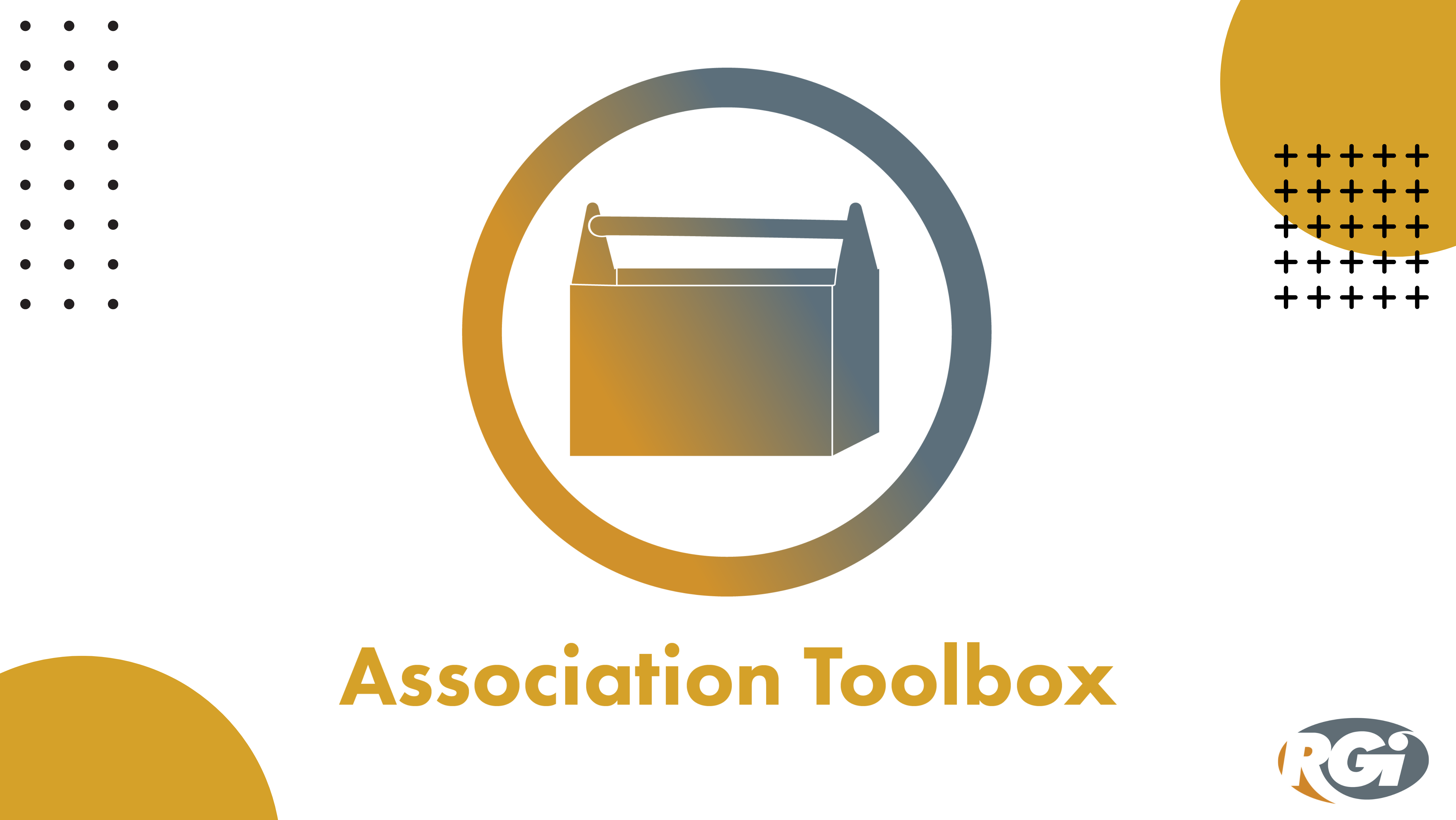Budgets are nothing new for Association Executives, but when it comes to meetings and events, they have become a bit more unpredictable. Taking a closer look at the meeting trends likely to impact costs, value delivery, and return on investment is integral to your meeting’s budget accuracy. As you refine your meeting forecasts for 2025, keep these high-impact trends front and center to navigate strategic decisions effectively.
Rising F&B Costs.
Food & Beverage prices are projected to increase anywhere from 3-6% in 2025. Just as you are paying higher prices at the grocery store, so are your venues. Aside from passing this cost onto your attendees, there is an opportunity to get creative with what you offer. Just because you have always offered a breakfast and lunch on your last day of the meeting doesn’t mean you have to continue that tradition – what about a brunch? Alcohol is also a high cost center, and research has shown that younger attendees are choosing more alcohol-free options – can you switch to a drink ticket option allowing for freedom to choose drinks that fit all your attendee needs?Increasing Labor Costs.
The increase is not just in F&B but also in labor. From venue staff to Audio Visual labor, this is an area that will continue to rise far beyond 2025. This is not a line item that is open to negotiation, so make sure you are not relying on the previous years data to predict future costs. Be sure to request updated quotes on every aspect of labor and take a closer look at your schedule to look for cost savings. Can you avoid set-up times over weekends or after hours? Can you repurpose meeting set-ups and rooms to eliminate some additional labor?The elephant in the room, AV.
Some reports have quoted increases ranging from 15 to 50 percent. Either way, your previous AV budgets are woefully out of date. If you are simply trying to recreate what has been done in the past, then increase your budget accordingly. Or use this as an opportunity to think more creatively about the experience you want to create for your attendees. Can you get more creative with your room sets or reuse space like your general session room? Can you work with your venue to see what event is in your space prior to your association to look for opportunities to piggyback? And don’t forget to start local when you look to source AV to save on travel and always make sure you bid out your needs.Less is More.
The days of meeting agendas starting at 7 AM and ending at 7 PM and lasting 4 or 5 days are gone. And I for one am relieved – that is exhausting. Successful association meetings will build more purposeful whitespace into their events – allowing time for connection and processing. Not only do more succinct meetings cost less, they allow us to focus on what our participants have told us is most important to them – networking and learning from their peers.
Focusing on these financial implications will allow your association to adapt to changing expectations while controlling expenses. Trends will continue to evolve over time, but one thing that remains constant is the overarching aim to deliver value to your association stakeholders through your meetings. Instead of copying and pasting last year’s meeting budgets into 2025, take stock of your main cost centers and Start with Why. If the answer to Why you are budgeting for something is “history and habit” then it is time for a serious talk. If you aren’t sure how to start some of these conversations, reach out to me to talk about considering a facilitated discussion with your key stakeholders using a methodology like Event Design Canvas.

Emilie Perkins, CMP Fellow, CAE, CMM, PMP, EDC
Emilie Perkins, CMP Fellow, CAE, CMM, PMP, EDC joined RGI in 2019 as Director of Client and Conference Services. With over 21 years of experience with strategic meeting management, marketing and design, she has extensive strength in collaboration, fiscal accountability, strategic planning and communication. Emilie has designed, executed and evaluated over 1000 meetings of all sizes and types. She is also an Adjunct Faculty at Indiana University where she has co-facilitated the Nonprofit Meeting Management Course since 2017.

